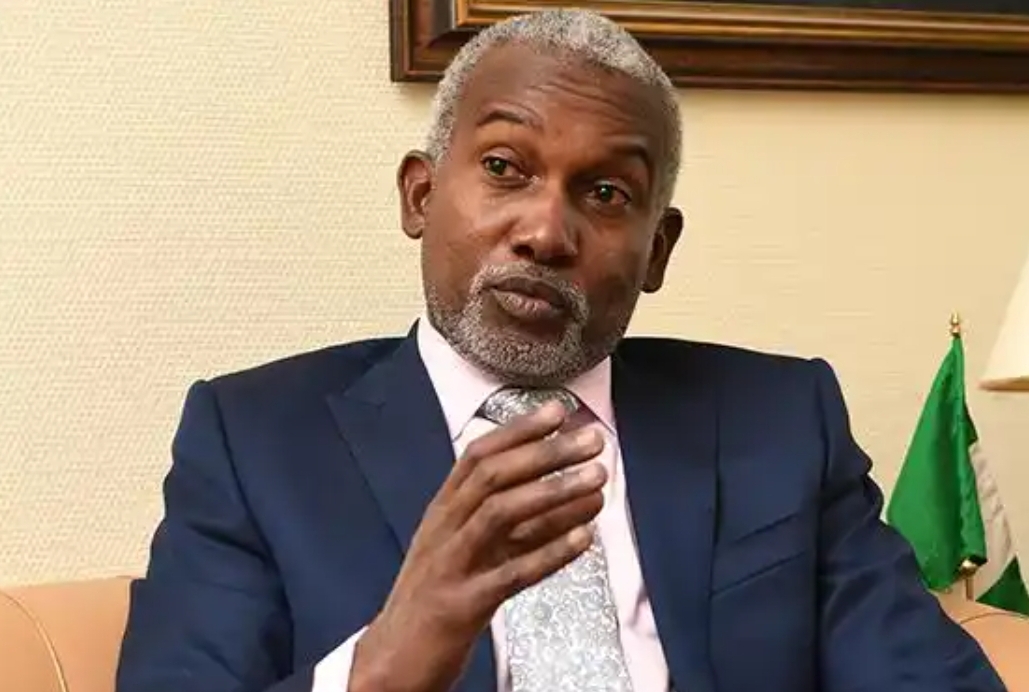Yusuf Tuggar, Minister of Foreign Affairs, says Nigeria will soon have the largest electric mass transit fleet in Africa.
The Minister made this known at the ongoing 28th Conference of the Parties (COP28) of the United Nations Framework Convention on Climate Change (UNFCCC) in Dubai.
Tuggar, according to a statement on Tuesday by his Special Adviser on Media and Communications Strategy, Alkasim Abdulkadir, underscored the urgent need for concerted global action to address the challenges of climate change.
He said Nigeria is leading the fight against climate change in Africa by setting ambitious and realistic goals.
According to him, the country aims to have the largest electric mass transit fleet in Africa and increase electric buses “from 100 to 1,000.”
“Nigeria has ratified its commitments through a Climate Change Act and a National Council on Climate Change (NCCC).
“Through these, Nigeria set ambitious, albeit realistic, goals, and I am proud to state that we have hit the ground running, transforming our commitments into tangible climate action,” he said.
While emphasising the critical role of collaboration, innovation, and shared responsibility in combating the escalating climate crisis, he said: “The initiative will reduce emissions and indicate my administration’s commitment to catalysing the market for green project deployments, job creation, and industrialisation across critical sectors.”
READ ALSO: Nigerian Air Force Puts Up Presidential Aircraft For Sale
Acknowledging the severity of the climate emergency, Tuggar highlighted the impact of climate change on vulnerable communities and ecosystems across the globe.
He posited that it was important to uphold the principles outlined in the Paris Agreement, and the need for all nations to commit to ambitious and transparent climate targets.
Tuggar also reaffirmed the commitment of Nigeria to its nationally determined contributions, underscoring the nation’s dedication to achieving net-zero emissions by 2060.
The minister said the country is willing to foster international cooperation, encourage innovation, and secure a sustainable future for generations to come.
He therefore called upon the international community to transcend political differences and work collaboratively towards meaningful and immediate climate solutions.
Tuggar added that there was a need for financial commitments from developed nations to assist developing countries in their transition to low-carbon economies.




